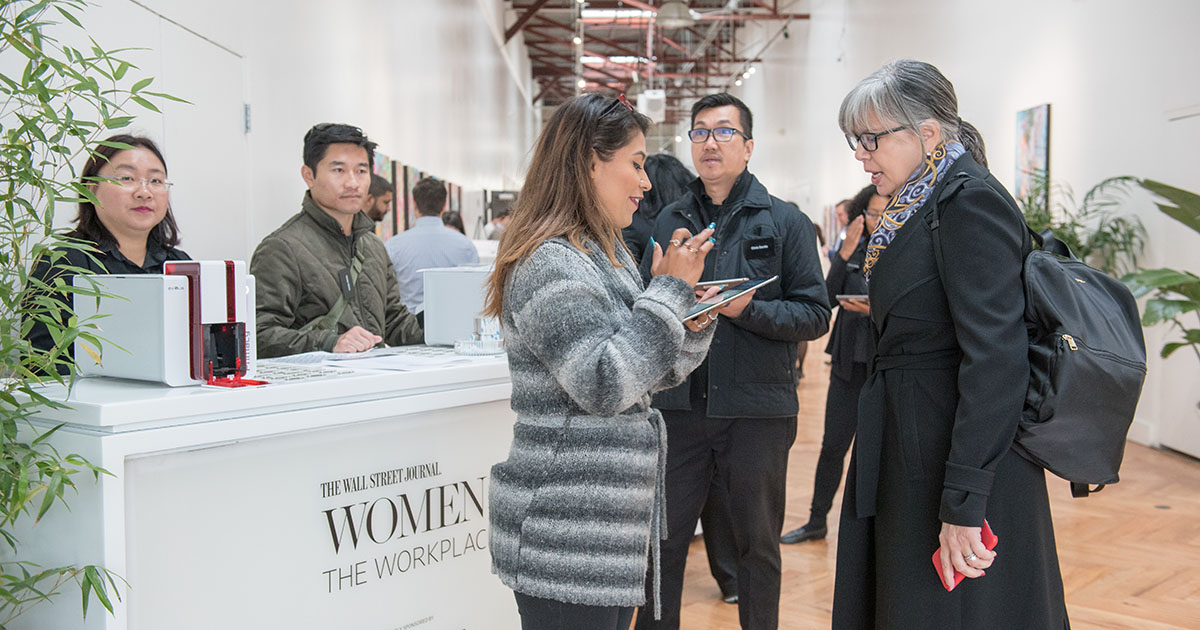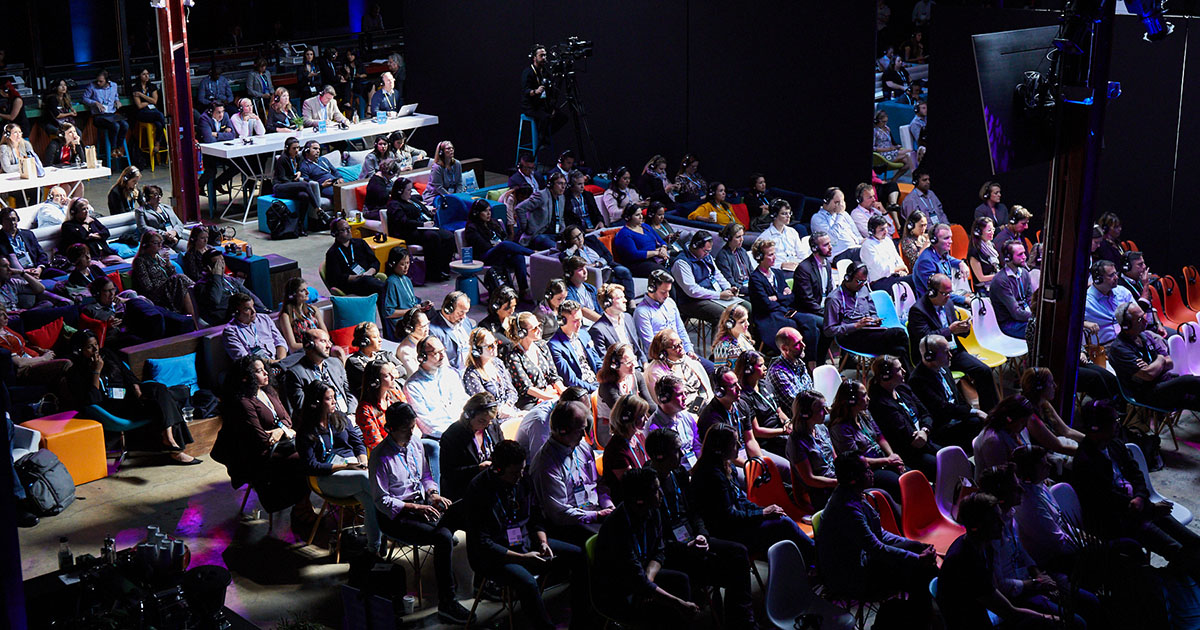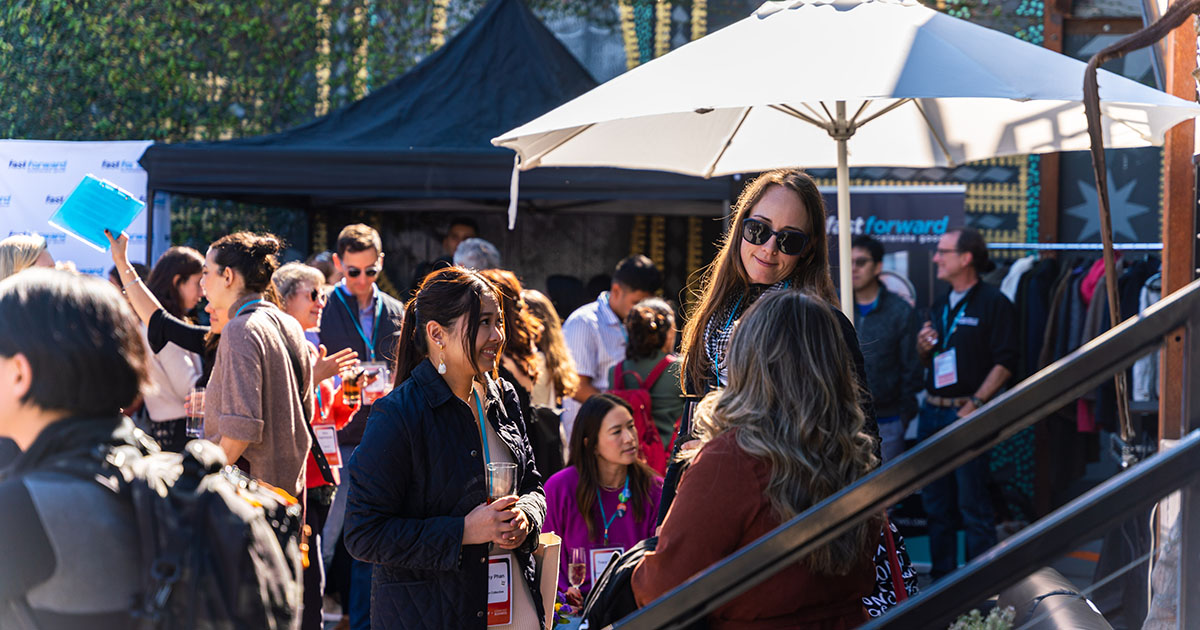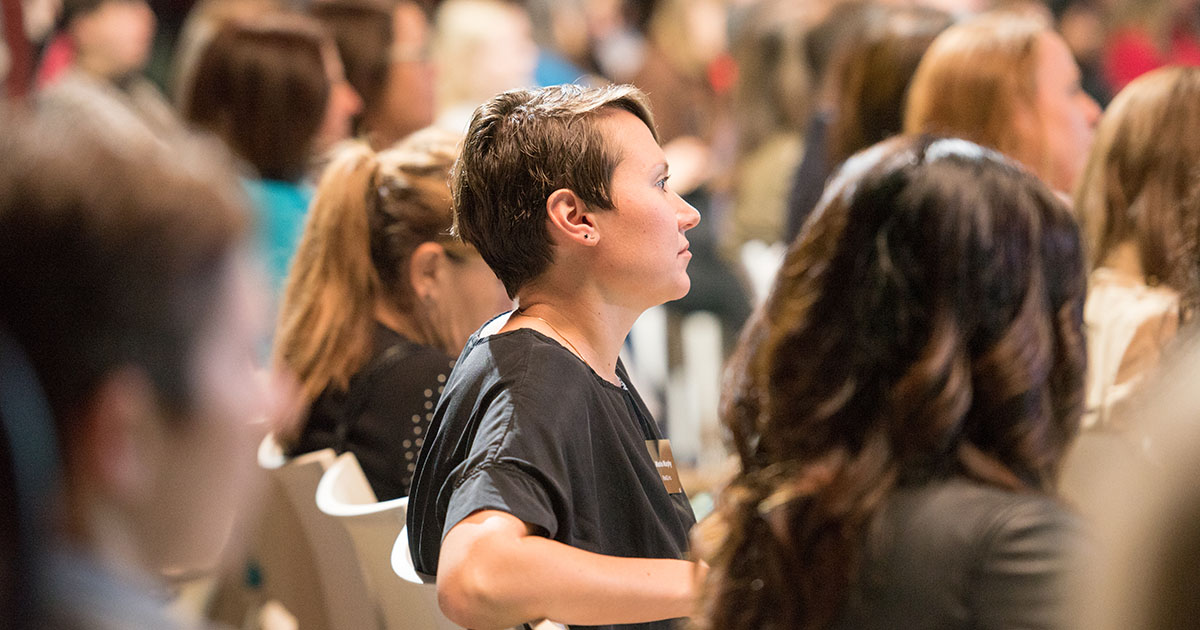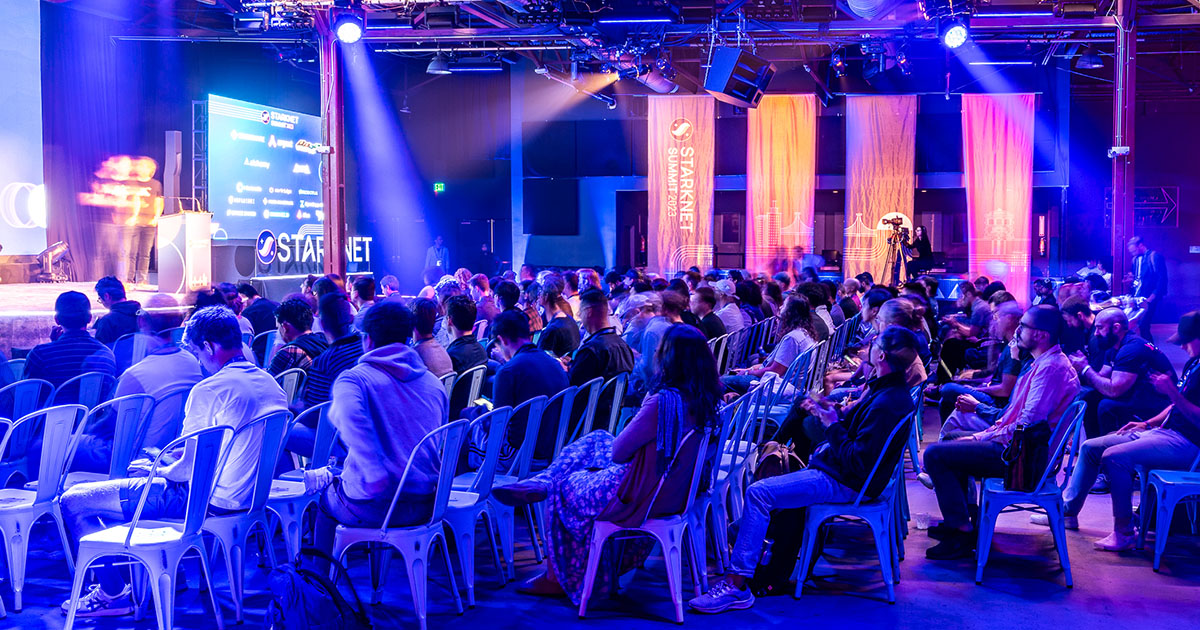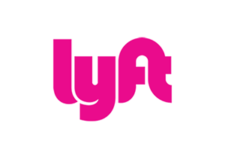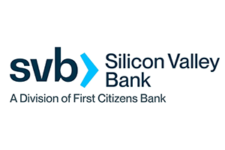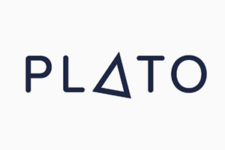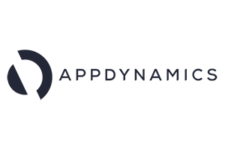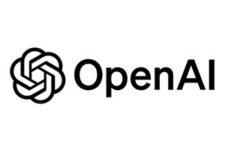AI-Driven Personalization: Creating Unique Attendee Experiences
San Francisco, CA | Updated: 10/17/2024
In today’s competitive event landscape, personalization has become a key factor in creating memorable and engaging experiences for attendees. With the advent of Artificial Intelligence (AI), event planners now have powerful tools at their disposal to tailor every aspect of an event to the unique preferences and behaviors of their attendees. This article explores how AI is being used to personalize attendee experiences and highlights real-world examples where AI has made a significant impact.
How AI Tailors Attendee Experiences
1. AI-Powered Recommendation Engines
- Functionality: AI-powered recommendation engines have advanced significantly. These engines now use both real-time data and predictive analytics to forecast attendee preferences and behaviors, offering highly personalized content, session recommendations, and networking connections.
- Examples: Platforms like Grip and Brella use AI to match attendees with relevant sessions, exhibitors, and networking opportunities based on both past interactions and predictive insights.
- Benefits: Attendees receive highly relevant recommendations, leading to increased satisfaction, more meaningful connections, and higher overall engagement.
2. Chatbots and Virtual Assistants with Conversational AI
- Functionality: Chatbots and virtual assistants have evolved with the integration of conversational AI and Natural Language Processing (NLP), providing personalized, real-time support. These AI assistants can engage attendees in more complex and human-like conversations, answering questions, offering session recommendations, and helping with event logistics.
- Examples: Platforms like Tars and Ada use conversational AI to provide seamless, personalized support across multiple event touchpoints, from websites to apps.
- Benefits: Enhanced attendee satisfaction through dynamic, immediate, and personalized assistance, leading to a more connected and engaging event experience.
3. Facial Recognition and Biometric Analysis
- Functionality: AI can leverage facial recognition and biometric technologies to track attendee emotions and reactions in real-time. Privacy concerns have led to the development of more secure, privacy-centric biometric tools that comply with GDPR and other data protection regulations. These AI systems can adjust event environments—like lighting and content—based on attendee emotions.
- Examples: Companies like Trueface and AnyVision offer biometric solutions that ensure privacy while delivering personalized attendee experiences based on real-time sentiment analysis.
- Benefits: Dynamic, real-time personalization that enhances attendee engagement, ensuring that event content, settings, and atmosphere align with attendee preferences and emotions.
4. Personalized Marketing and Communication
- Functionality: AI is now revolutionizing marketing efforts through generative AI, enabling highly personalized communication at scale. AI tools can create individualized email campaigns, social media posts, and even event reminders tailored to each attendee’s behavior and preferences.
- Examples: Platforms like Persado and Jasper use generative AI to craft hyper-personalized messaging across marketing channels, ensuring that attendees receive relevant information at the right time.
- Benefits: Increased engagement, higher open rates, and improved attendee loyalty through scalable, personalized communication.
Real-World Examples of Personalized AI Experiences
1. Web Summit’s Personalized Recommendations
- Scenario: Web Summit, one of the largest tech conferences globally, uses AI-powered recommendation engines to offer personalized session, speaker, and networking suggestions based on attendee data.
- Impact: Attendees have reported an enhanced experience, with AI-driven recommendations being cited as a key factor in making valuable connections and accessing relevant content. The integration of multi-channel attendee data has further increased the relevance of these recommendations.
2. Salesforce’s Dreamforce Event
- Scenario: Salesforce’s Dreamforce event uses Einstein GPT to personalize every aspect of the attendee experience, from tailored session tracks to real-time networking suggestions. The AI analyzes attendee engagement and offers adjustments to session and content recommendations throughout the event.
- Impact: Higher engagement and satisfaction rates have been reported, with attendees benefiting from continuously updated, personalized recommendations throughout the event.
3. SXSW and AI-Driven Personalization
- Scenario: At SXSW, AI is used to deliver personalized event experiences by offering tailored schedules, session suggestions, and even food recommendations based on previous interactions. AI-powered sentiment analysis is also used to track attendee emotions in real-time, influencing on-the-fly adjustments to event content.
- Impact: Attendees praised the relevance and personalization of their experience, with many reporting more meaningful connections and highly relevant session recommendations thanks to AI-driven personalization.
New Trends in AI-Driven Personalization
1. AI-Powered Event Experience Optimization
AI is now used to dynamically adjust event logistics such as room temperature, lighting, and sound based on attendee sentiment and preferences. This real-time optimization ensures that the event environment is always in tune with attendee needs.
2. Integration with Metaverse and Virtual Reality
AI is being integrated with virtual environments and metaverse experiences, where attendees can create personalized virtual experiences based on their preferences. AI-powered avatars and virtual spaces provide deeper customization and engagement for hybrid and fully virtual events.
3. AI-Driven Feedback Collection
AI is enhancing feedback collection, allowing attendees to provide real-time voice or text feedback, which is immediately analyzed by AI tools to improve ongoing and future event personalization.
Learn More: AI in Event Planning Series
In the next article, we will explore how AI is transforming event operations and logistics, revolutionizing the way events are planned and executed, and making it easier for event planners to manage the many moving parts of their events. Continue reading for insights into creating unforgettable event experiences with AI
RELATED CONTENT

